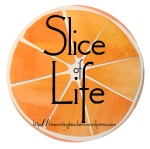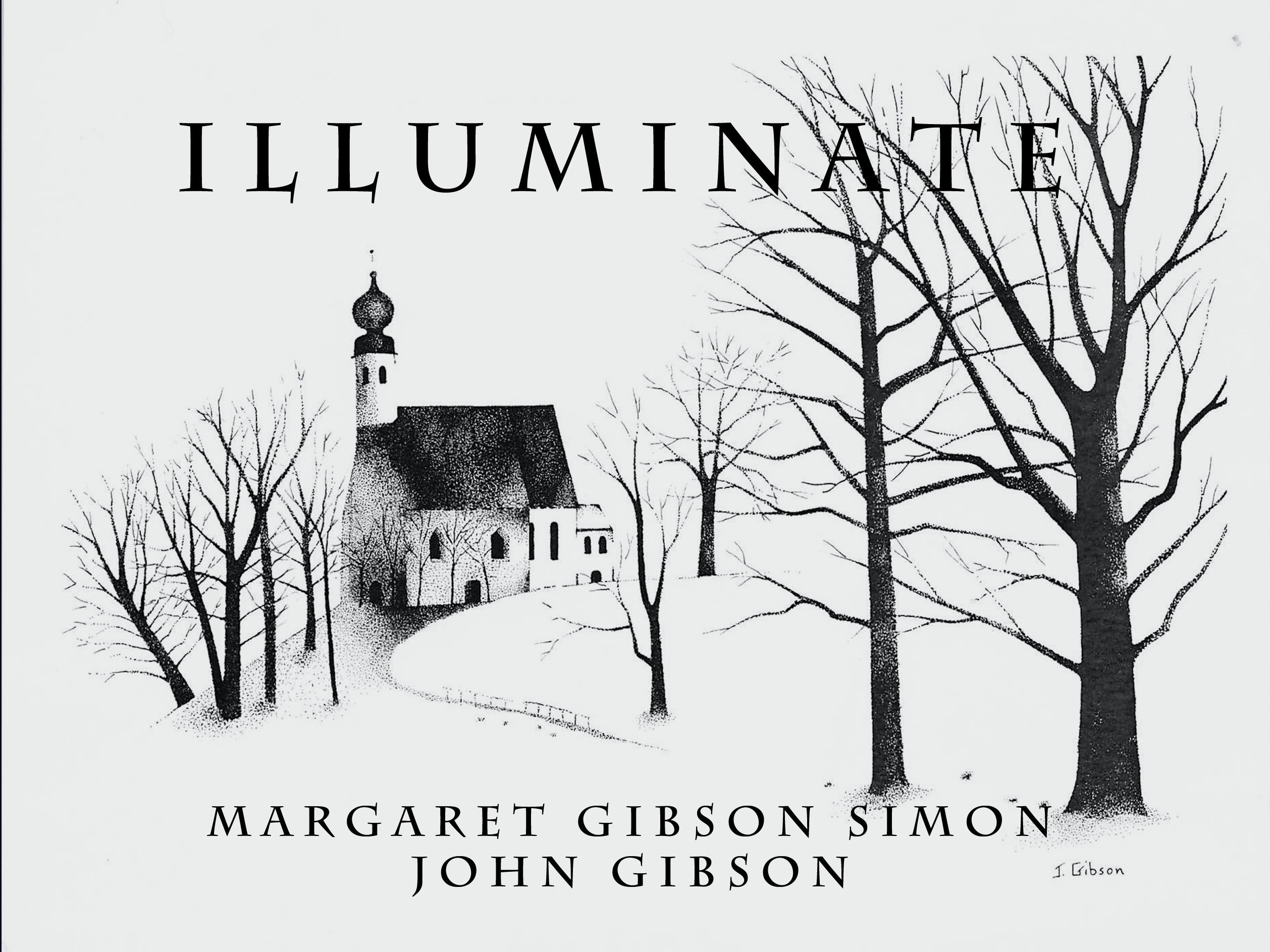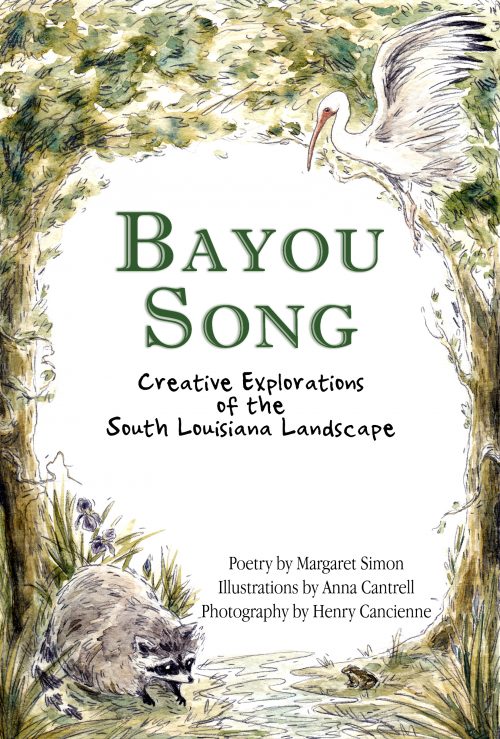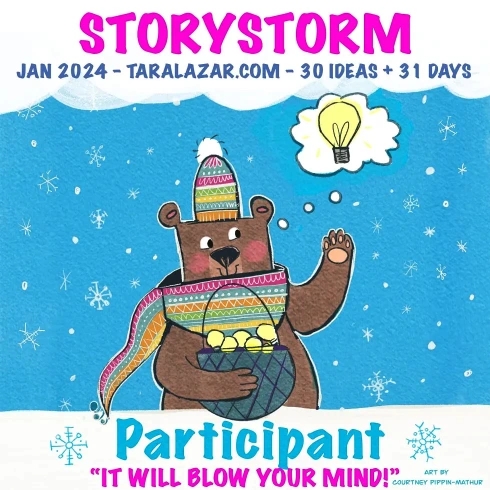Up early this morning, I was reading my email and read a blog post from my friend Julieanne. She lives in Los Angeles, but a few weeks ago we were together at NCTE in St. Louis. NCTE planted seeds. We left feeling refreshed, renewed, and challenged in our thoughts about teaching and about our lives.
This morning Julianne wrote:
I have been afraid to face racism straight on in the classroom. Fearful of being wrong. The thing is, it’s a done deal. I am wrong. I had manufactured a dilemma to hide in.
–Julieanne Harmatz
Her post reminded me of a conversation in the hallway returning from lunch. Noah said to Jacob, “You know, you are my slave.” He did know. They had both figured out without any words from me that in the play they are rehearsing for the Shadows, a local plantation home, that they are acting as owner and slave.
My students have done this play for years, but this year I wanted to be clear about what their roles were. I hadn’t talked about it yet with these boys, but they figured it out. Jacob said, “I’m OK with it. It’s just a play.”
But is it just a play? What is our role in stopping racism? How are we perpetuating the story without saying anything?
Back in class, we were looking through the collection of books I got at NCTE. One book was Can I Touch Your Hair? by Irene Latham and Charles Waters. I explained that Irene is a woman who looks like me, and Charles looks like Chloe’s dad. In their book, Charles and Irene face racism head on. (No pun intended.) We came across a poem about the N-bomb. What is the N-bomb? My students wanted to know.
We had an honest discussion about how that word (I spelled it because I couldn’t say it out loud.) is racist. And what is a racist? Someone who judges another person by their race and not by who they really are.
Like Julieanne and many teachers affected by the words of Jacqueline Woodson and Jason Reynolds at NCTE, I will take the opportunities when they arise to have these tough conversations. Teachable moments. I am a white southern woman. I am part of the dilemma, but I can also be part of the solution. So can you.










Thank you, Julianne & Margaret. It’s time to talk. I’m ready. I’m learning what I need to know to enter into the conversation. Can I Touch Your Hair is beautiful. I just received my copy yesterday and I’m so in love with the look of the book…I can’t wait to dive in. I am so fortunate to be able to read their words and yours.
Yes, this happens everywhere, if not race, it is caste as in my country or class. And we can be the change, the solution. Regards
Thanks for your efforts Margaret and for sharing Juliesnne’s thoughts, this is a ongoing, long road to climb but very worth the trials.
Step by step, you figure it out and bring so much to the students!
Margaret, this post chokes me up. Thank you for being willing to have these conversations! We can all be part of the solution! xo
That is such a good conversation to have. A start to break this down as a taboo that cannot be safely discussed. A subject that has become bigger and uglier than it should. We can talk about body-shaming and sex discrimination. Why can’t we talk about racism?
Hi Margaret. Your blog post knocked me sideways. Thank you SO much for your kind words about the book and sharing your classroom experience with all of us. Those students are fortunate to have you in their lives.
I loved it when I showed Chloe your picture and she said, “He does look like my dad!” What a joy to reach these kids with your words!
Iberia Parish is blessed to have you teaching our children Margaret. Reenactments such as the ones you describe can be difficult and even dangerous. Although, I can’t say I agree with their use, I do believe that in the hands of teachers like you they can provide serious opportunities to teach children about racism from a historical and moral perspective. Thank you for having the courage to take this on. I will always be one of your biggest fans!
Thanks, Phebe. It is people like you who give me courage to speak the truth. We are in this together!
I just ordered “Can I Touch Your Hair” by Irene Latham & Charles Waters. Still collecting books in anticipation of being a grandmother (or even grand aunt) one day. Thank you and keep on writing.
[…] are other articles about the book from Shelf Awareness, bloggers Margaret Simon, Linda Mitchell and two from Jessica […]